Buonaparte’s soliloquy at Calais
£250.00
Isaac Cruikshank the Elder after George Mouttard Woodward
Buonaparte’s soliloquy at Calais
London, Ackerman, Sept 21st 1803
Etching and letterpress
Original hand colouring
225 x 265 mm ,
sheet size with letterpress
415 x 265 mm
Old cloth border stitched around the shhet, with some creasing and small tears at the edges.
£250.
Isaac Cruikshank the Elder after George Mouttard Woodward
Buonaparte’s soliloquy at Calais
London, Ackerman, Sept 21st 1803
Etching and letterpress
Original hand colouring
225 x 265 mm ,
sheet size with letterpress
415 x 265 mm
Old cloth border stitched around the shhet, with some creasing and small tears at the edges.
£250.
A rare Cruikshank Napoleonic satire.
Heading to a broadside printed in two columns, ‘by D. N. Shury, No. 7, Berwick Street’. Napoleon, with a twisted frown, leans with folded arms against a signpost, ‘Road to England’. He wears his accustomed plumed bicorne. He turns his back on the sea. On the opposite shore (r.) is a high cliff surmounted by fortifications flying a British flag; at the base of the cliff are ships. The parody of Hamlet’s soliloquy was very popular, see BMSat 9999:
‘To go, or not to go ? that is the question; –
Whether ’tis better for my views to suffer
The ease and quiet of yon hated rival,
Or to take arms against the haughty people,
And by invading end them? T’invade, – to fight, –
No more; and by a fight, to say, we end
The envy and the thousand jealous pangs
We now must bear with; ’tis a consummation
Devoutly to be wish’d. T’invade, – to fight; –
To fight ? – perchance be beat: aye, there’s the rub;
For in our passage hence what ills may come,
When we have parted from our native ports,
Must give us pause; for there’s the respect
That makes th’ alternative so hard a choice.
For who would bear their just and equal laws,
Their sacred faith, and general happiness,
That shew in contrast black our tyrant sway, [Cf. Moreau to Lady Bessborough in Jan. 1803 on the cause of Napoleon’s hatred of the English: ‘Ce n’est ni votre Marine ni votre Commerce ni votre pouvoir . . . c’est votre répresentation populaire, votre beau gouvernement raisonablement libre qui prêche tout contre le sien.’ ‘Corr. of Lord G. L. Gower’, 1916, i. 404.]
Our frequent breach of treaty, and the harms
Devouring armies on our people bring,
When he himself could the dark shame remove,
By mere invasion ? Who would tamely view
That happy nation’s great and thriving power,
But that the dread of falling on their coast,
(That firm and loyal country, from whose shores
No enemy returns,) puzzles the will,
And makes us rather brave those ills we have,
Than fly to others that we know not of?
Thus conscience* does make cowards of us all:”
[Five more lines.
You must be logged in to post a review.

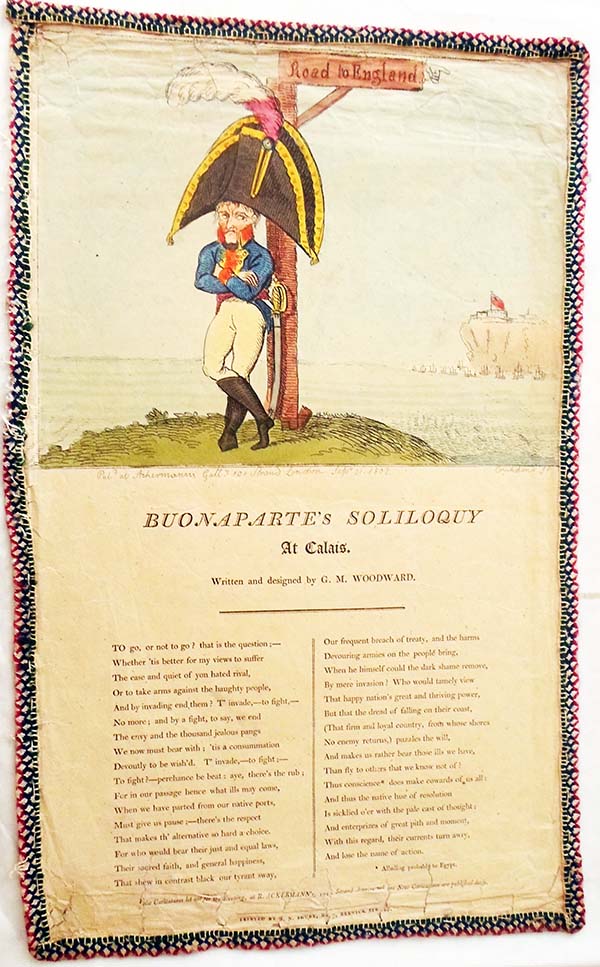
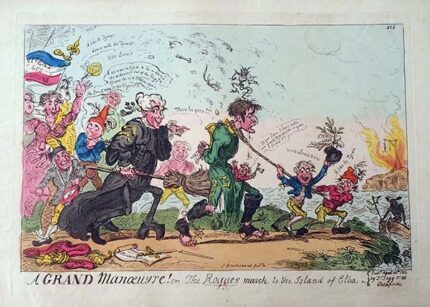
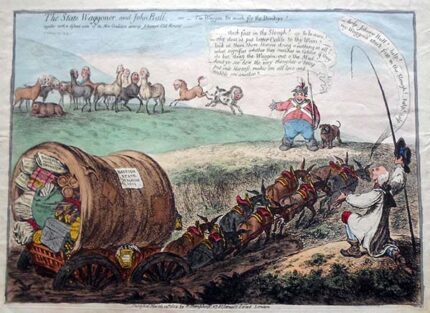
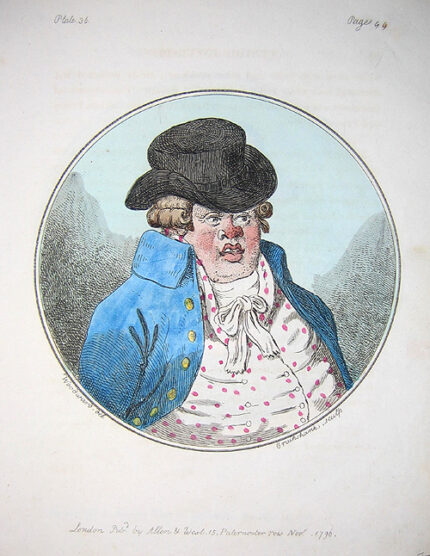
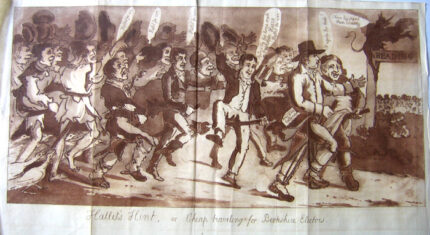
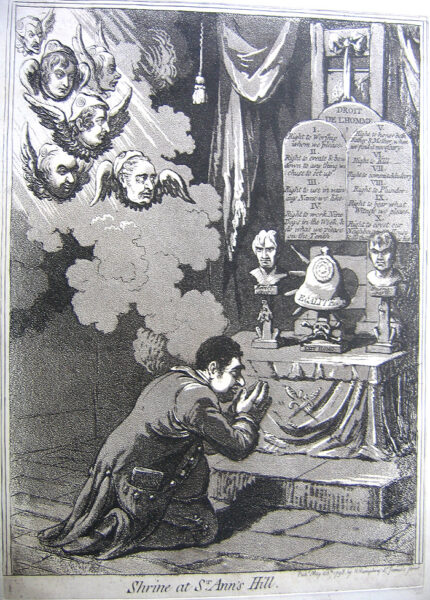
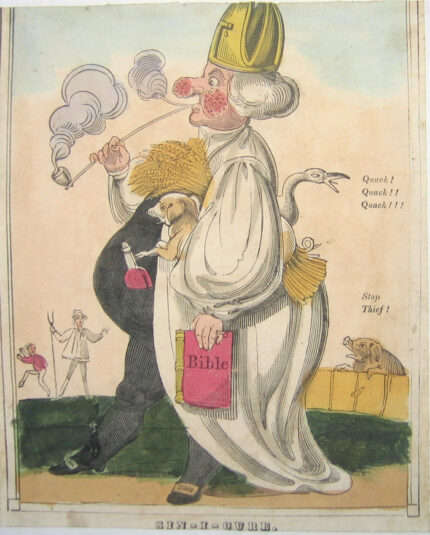
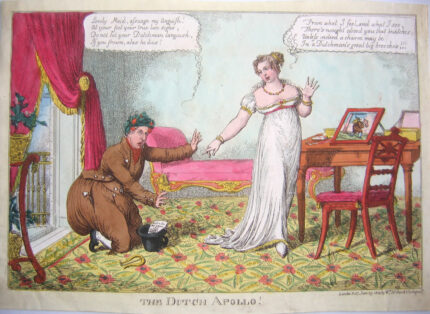
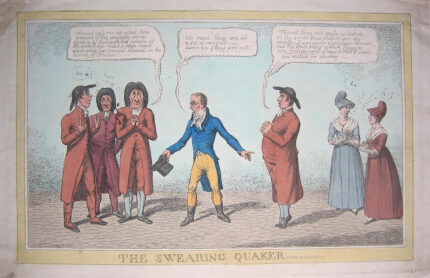
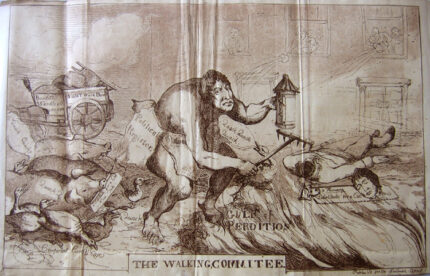
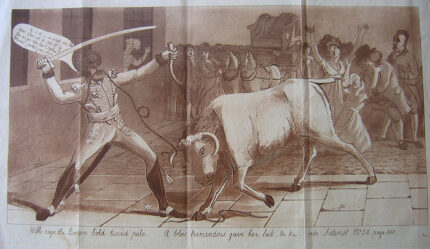










Reviews
There are no reviews yet.